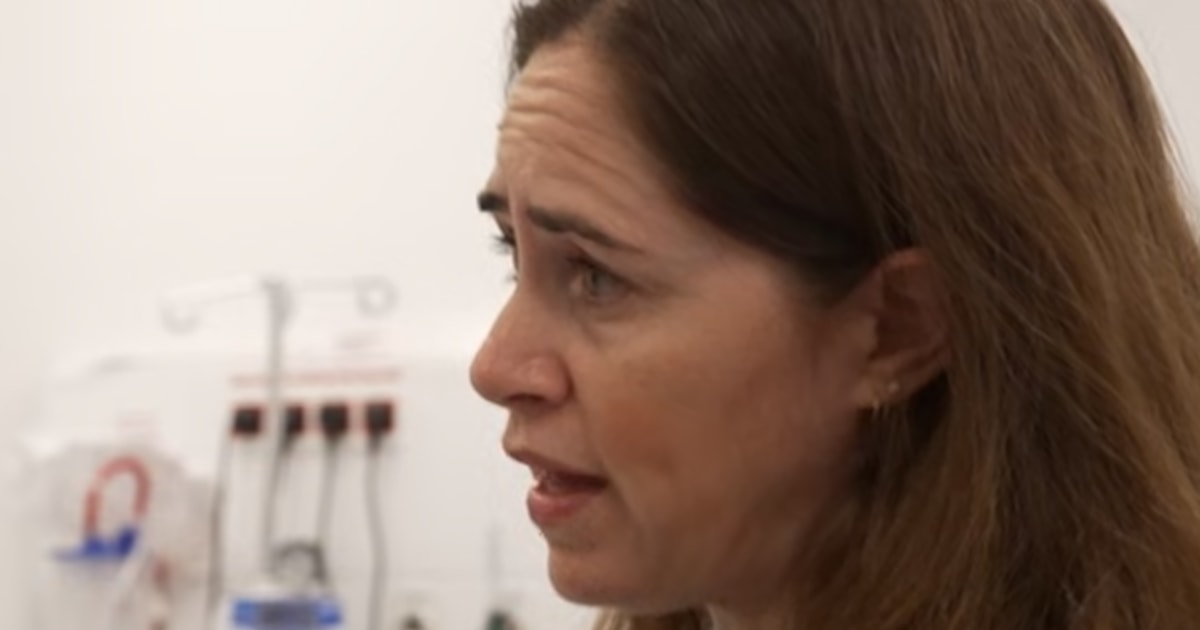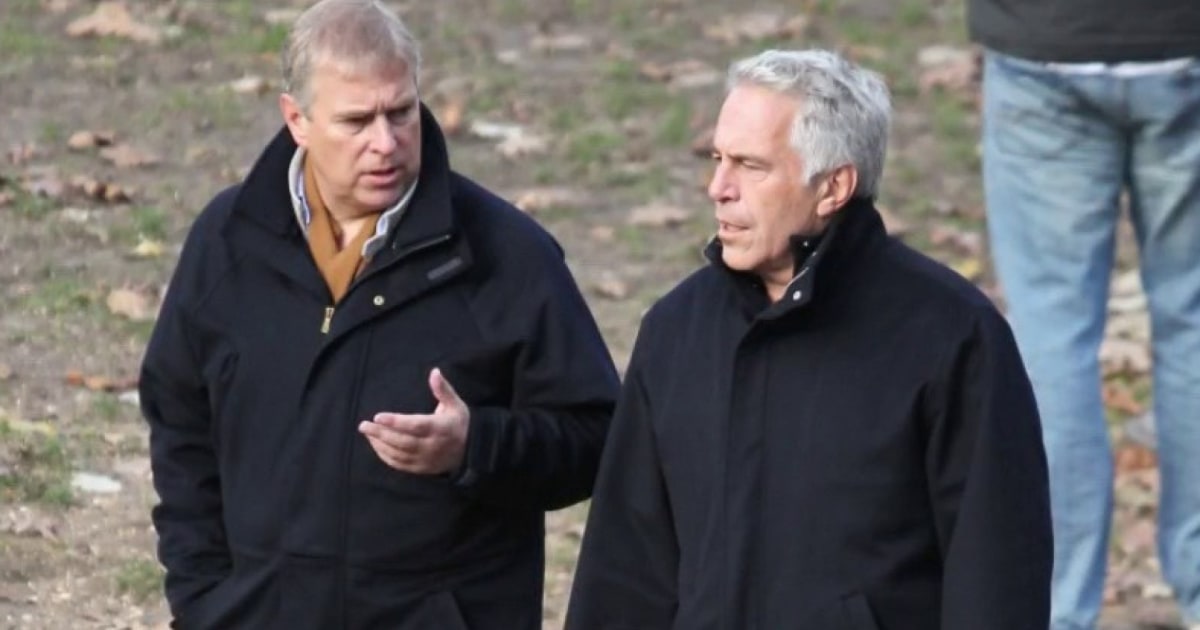Medical teams at an Israeli hospital awaiting the arrival of hostages expected to be released from Gaza are “prepared for anything,” Noa Eliakim Raz, head of the Returning Hostages Unit at the Rabin Medical Center-Beilinson Hospital in Petah Tikva, told NBC News’ Richard Engel.
Source link
Israeli medical center is prepping to treat hostages




